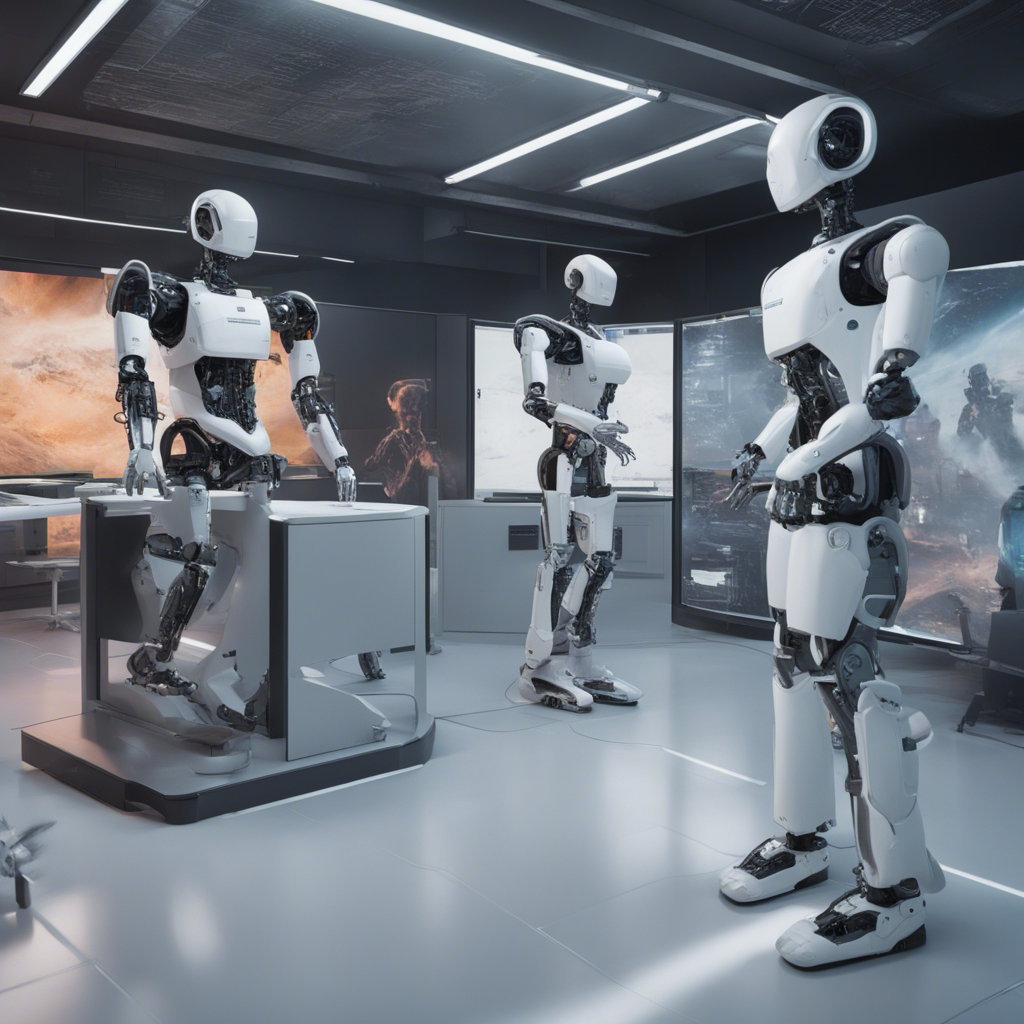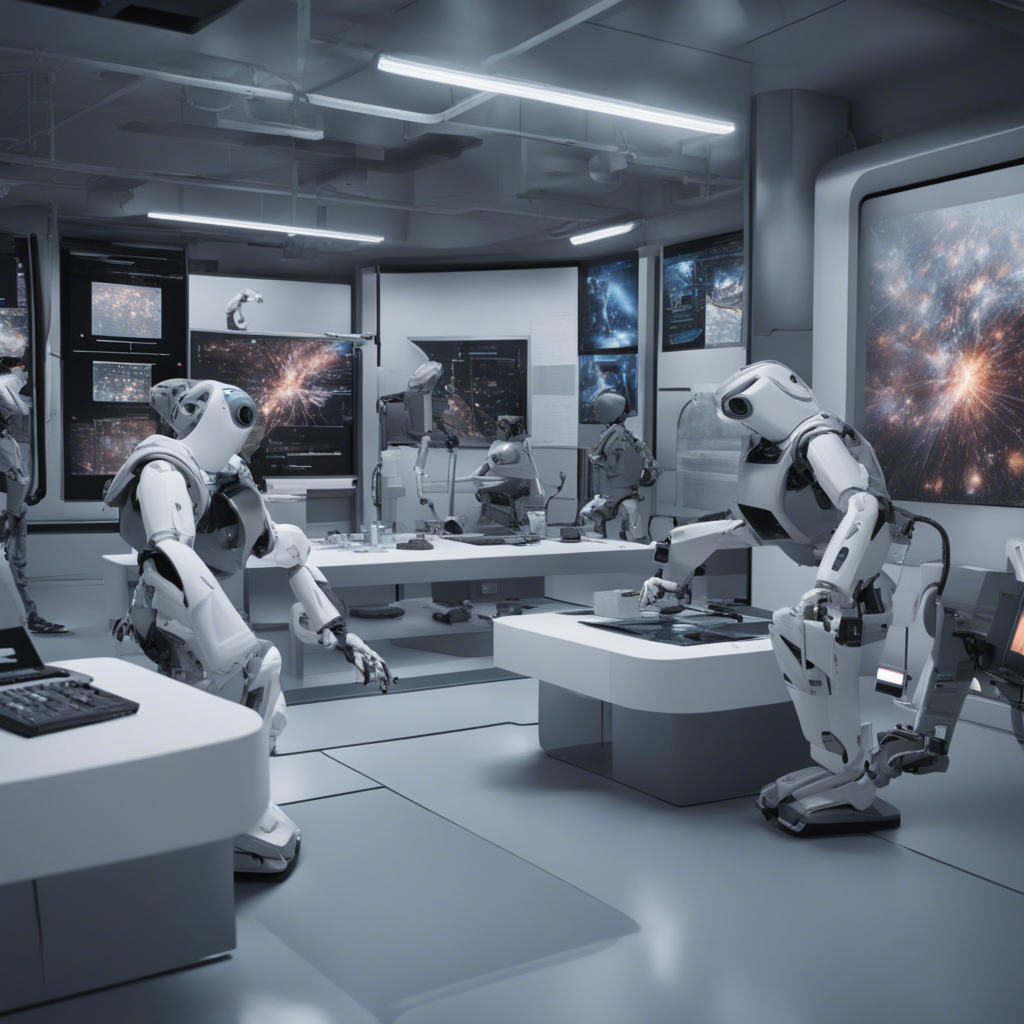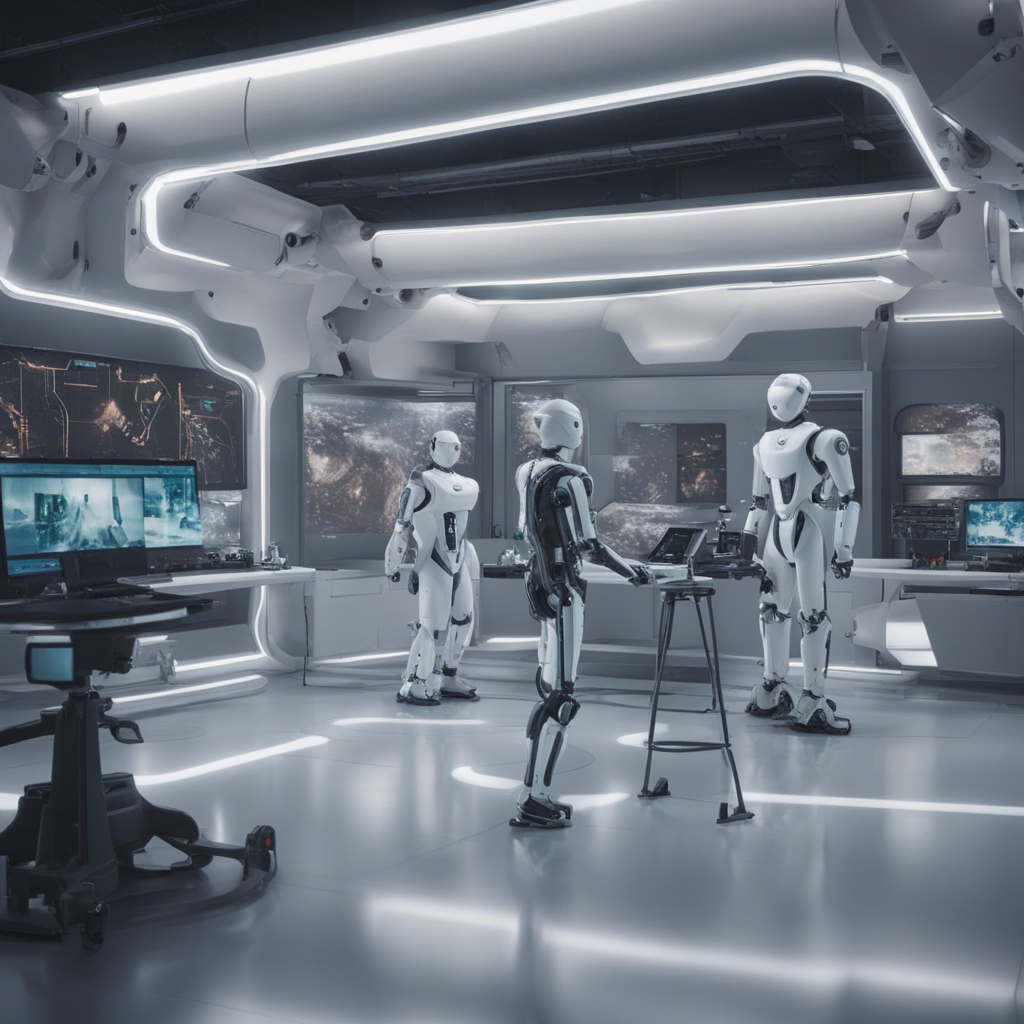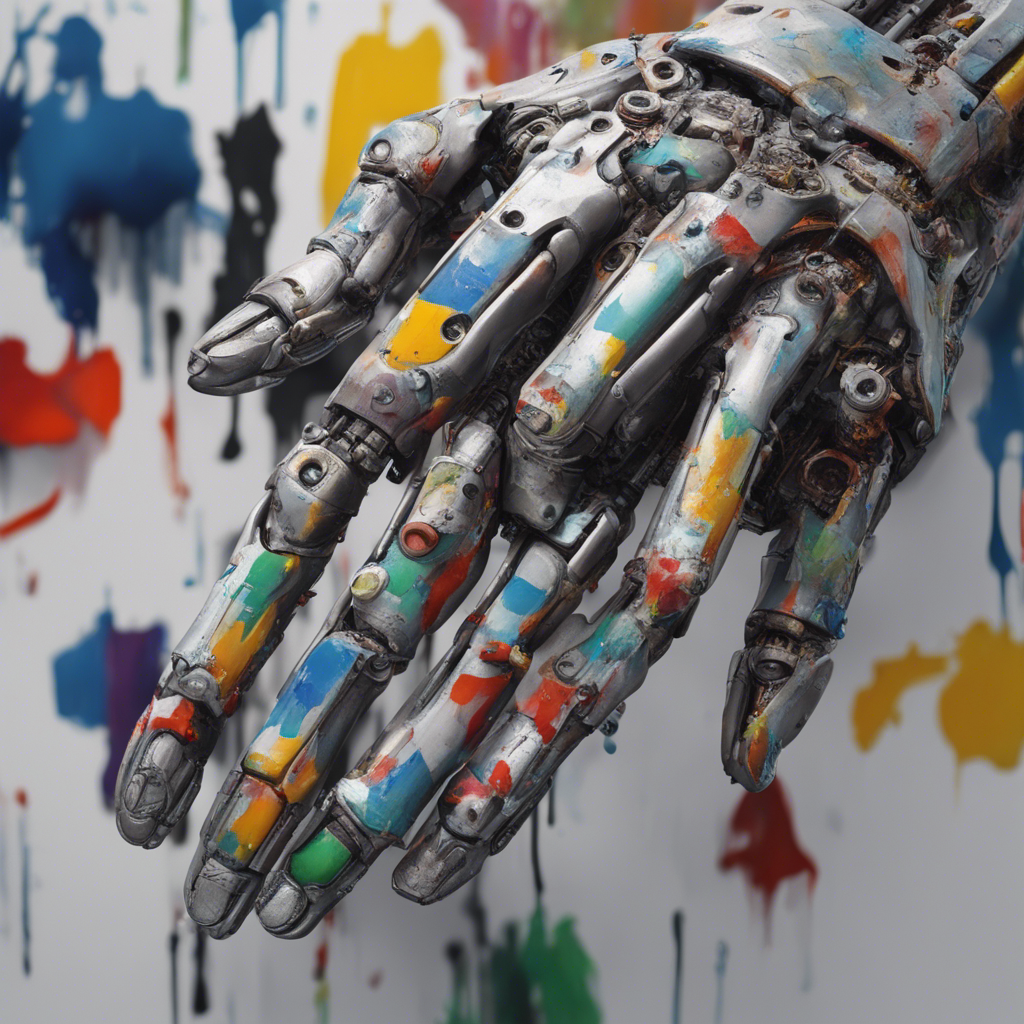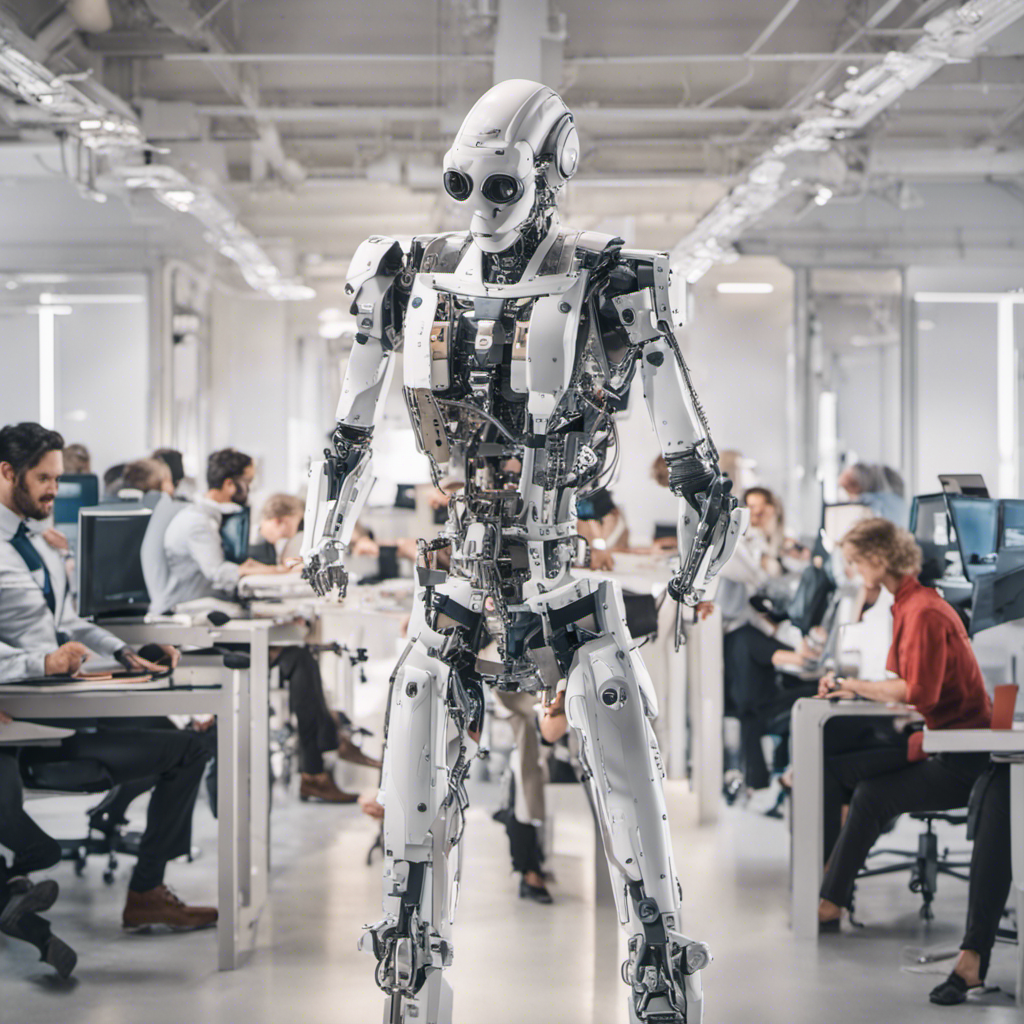
Debunking Common Myths About AI in the Workplace
Artificial Intelligence (AI) has become increasingly prevalent in the workplace, transforming various industries and revolutionizing the way we work. However, along with this rapid advancement, a number of misconceptions and myths have emerged. In this blog post, we aim to debunk some of the most common myths about AI in the workplace and shed light on the reality behind this powerful technology.
Myth 1: AI Will Replace Human Workers
One of the most prevalent myths surrounding AI is the fear that it will ultimately replace human workers, leading to mass unemployment. While it is true that AI can automate certain tasks and streamline processes, it is far from being a complete substitute for human intelligence and capabilities.
AI is best utilized as a tool that complements human skills, enabling employees to focus on more complex and creative tasks. By automating repetitive and mundane activities, AI frees up valuable time for employees to engage in strategic decision-making, problem-solving, and innovation. In fact, studies have shown that organizations that embrace AI tend to experience increased productivity and job satisfaction among employees, rather than job displacement.
Myth 2: AI is Error-Free
Another common misconception about AI is that it is infallible and completely error-free. While AI algorithms are designed to learn from data and improve accuracy over time, they are not immune to errors or biases. The quality of AI systems heavily relies on the quality and diversity of data used for training.
It is crucial for organizations to ensure ethical AI practices, including data privacy, transparency, and rigorous testing to identify and mitigate potential biases. Human oversight is also essential to monitor and verify the output of AI systems, ensuring that they align with business goals and ethical standards.
Myth 3: AI Will Take Over Management Roles
Many believe that AI will take on managerial roles and make decisions traditionally reserved for human supervisors. While AI can assist in data analysis and provide valuable insights, it lacks the empathy, emotional intelligence, and contextual understanding necessary for effective leadership and management.
Human judgement remains paramount when it comes to complex decision-making, especially in areas requiring ethical considerations, strategic planning, and fostering human collaboration. Rather than replacing managers, AI can enhance their capabilities by offering data-driven insights and augmenting their decision-making process.
Myth 4: AI is a Silver Bullet for all Business Challenges
AI is undoubtedly a powerful technology with transformative potential, but it is not a cure-all for every business challenge. Implementing AI solutions requires careful consideration of specific use cases, data requirements, and organizational goals.
It is important to approach AI implementation with a clear understanding of its limitations and identify areas in which it can truly add value. Not every business process will benefit from AI, and it is crucial to assess the cost-effectiveness, feasibility, and impact of AI solutions before integration.
Myth 5: AI is a Dystopian Threat to Humanity
Thanks to science fiction movies and sensationalized news headlines, AI has often been depicted as a dystopian threat to humanity. While AI does pose ethical challenges that need to be addressed, it is equally important to recognize its immense potential for positive impact.
AI can empower humans to solve complex problems, improve healthcare, enhance productivity, and drive sustainable innovation. By understanding and embracing AI technologies, we can harness their potential to create a better future while ensuring responsible and ethical implementation.
In conclusion, debunking the common myths about AI in the workplace is essential to fostering a better understanding of this transformative technology. Rather than fearing displacement or losing control, we should embrace AI as a powerful tool that complements human capabilities, enhances productivity, and enables us to tackle complex challenges more effectively. By dispelling these myths and embracing AI with informed insights, organizations can unlock its true potential and drive a future where humans and AI collaborate synergistically.
[SEO optimized]
References:



